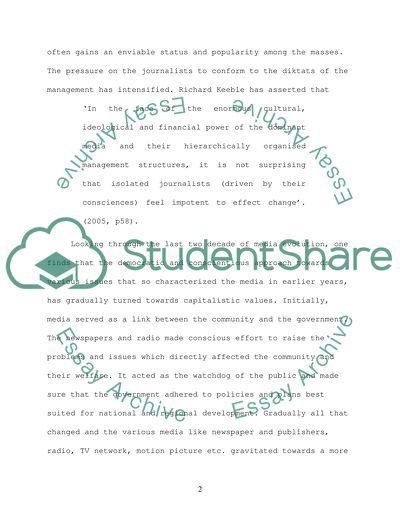Cite this document
(Journalism Ethics and Society Essay Example | Topics and Well Written Essays - 2000 words, n.d.)
Journalism Ethics and Society Essay Example | Topics and Well Written Essays - 2000 words. Retrieved from https://studentshare.org/journalism-communication/1548839-module-title-journalism-and-society
Journalism Ethics and Society Essay Example | Topics and Well Written Essays - 2000 words. Retrieved from https://studentshare.org/journalism-communication/1548839-module-title-journalism-and-society
(Journalism Ethics and Society Essay Example | Topics and Well Written Essays - 2000 Words)
Journalism Ethics and Society Essay Example | Topics and Well Written Essays - 2000 Words. https://studentshare.org/journalism-communication/1548839-module-title-journalism-and-society.
Journalism Ethics and Society Essay Example | Topics and Well Written Essays - 2000 Words. https://studentshare.org/journalism-communication/1548839-module-title-journalism-and-society.
“Journalism Ethics and Society Essay Example | Topics and Well Written Essays - 2000 Words”. https://studentshare.org/journalism-communication/1548839-module-title-journalism-and-society.


